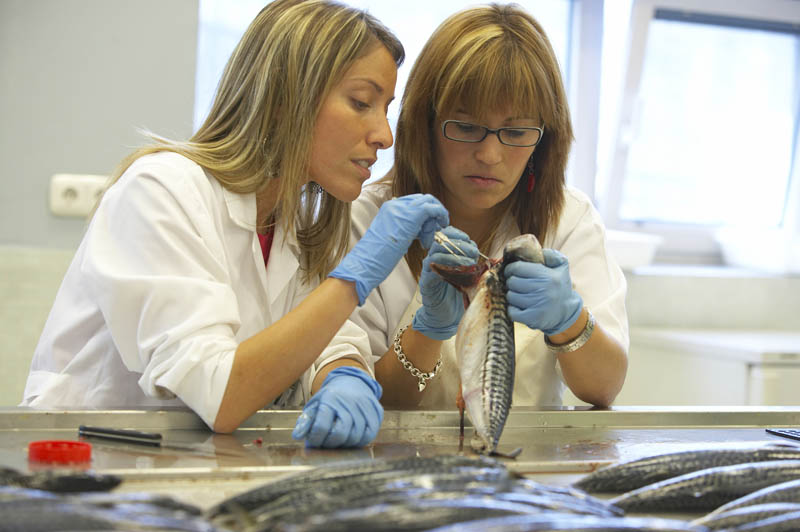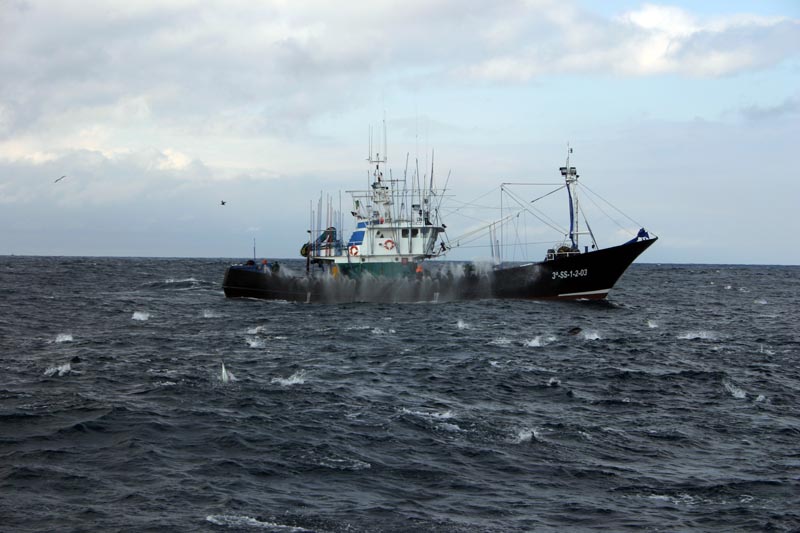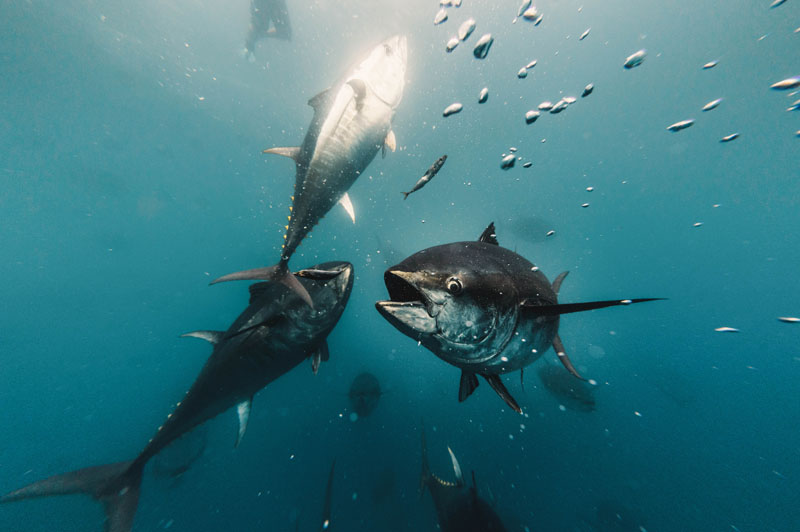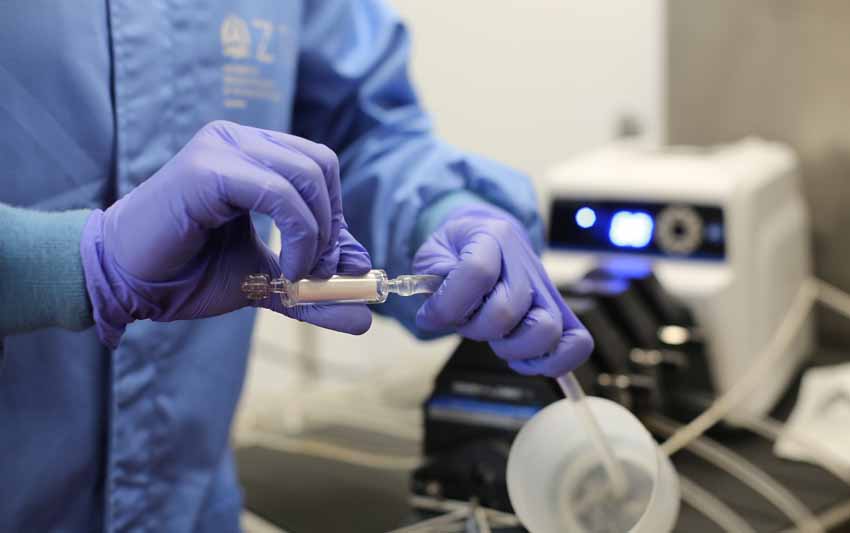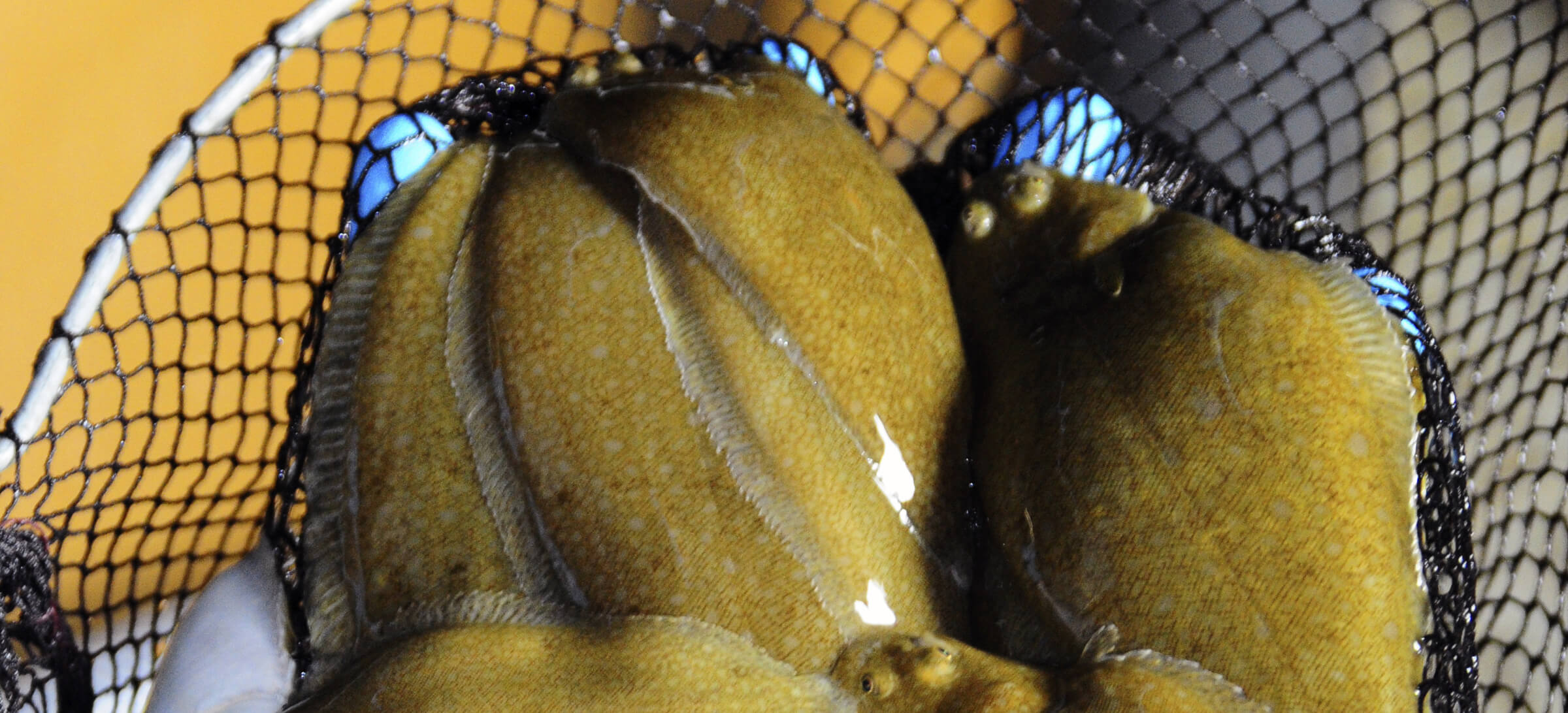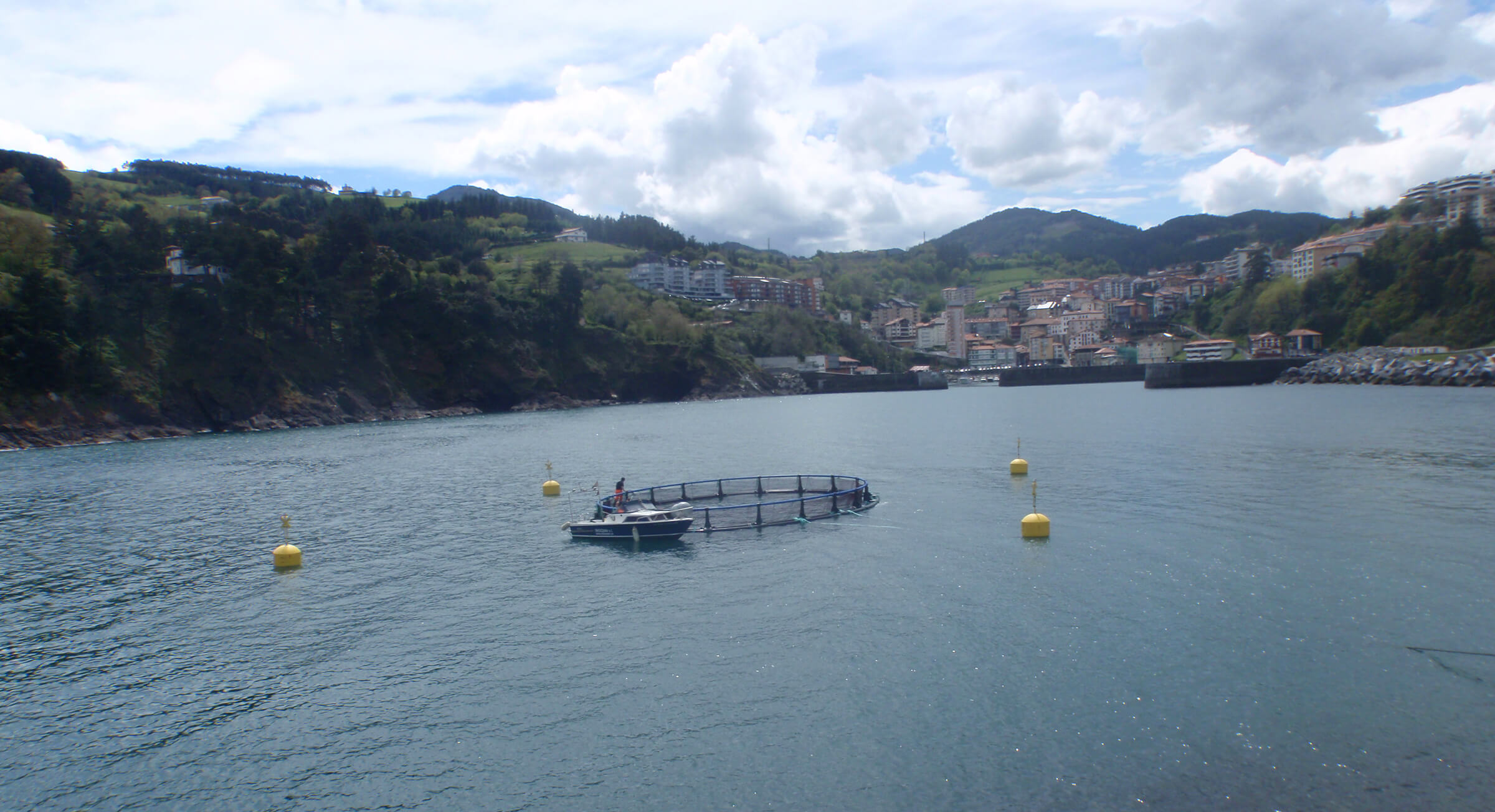Guidance on the value chain: fishery certification, good practices, and eco-labelling
To maintain current and future socio-economic options and benefits
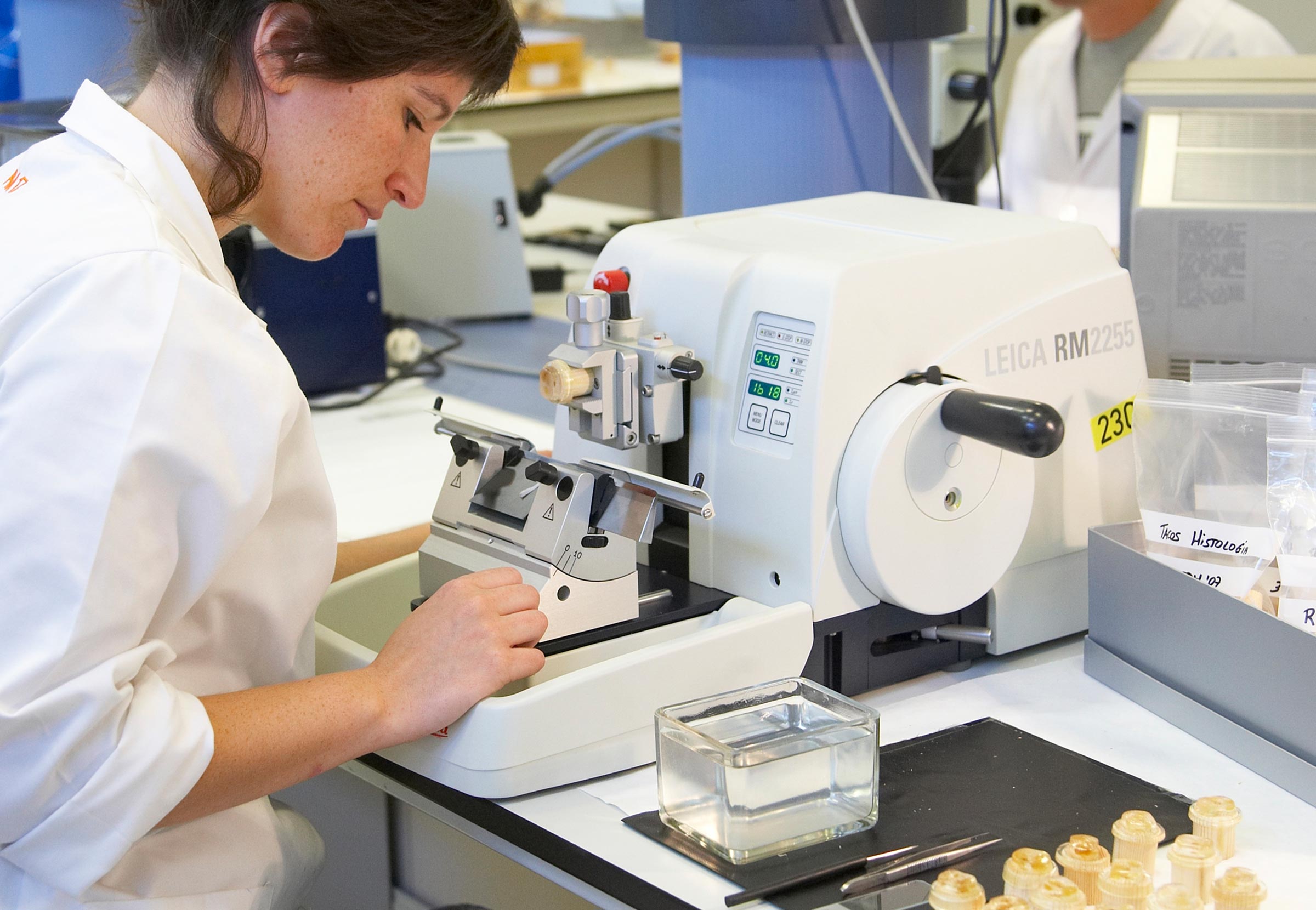
- Biological knowledge and experience in the sustainable management of all types of fish populations, including populations of demersal species and large and small pelagic fish.
- Study of the impact on fish populations (discards) or other animal populations (accidental catches).
- Study of the environmental impact on the entire value chain: from the impact on the physical environment caused by fishing gear to actions to reduce energy consumption, carbon footprint, life cycle assessment (LCA) of the product, clean technologies, waste disposal, etc.
- Experience implementing and auditing traceability systems for fish products or the custody diagram, providing the required documentary evidence for sustainable fishery certification audits.
- Experience implementing certifications or labels on the specificity of fishery products, related to origin, quality, or sustainability.
- Knowledge and training on the MSC environmental standard for sustainable fisheries (MSC being one of the most-used eco-labels on the fishery product market).
- Simplified interpretation of fisheries legislation and aspects related to corporate social responsibility (health and safety at work, fair employment, freedom of opinion, consumer rights, inclusive policies etc.) so that they can be applied operationally.
- Anisakis-free fish: guidance on the entire value chain (from fisheries production to the end consumer), from determining Anisakis-free fishing areas, to establishing good practices to reduce Anisakis infestations for captured species.
- Characterisation of the economic structure of fishery sub-sectors and their relationship with other economic sectors. Assessment of the dragging capacity of a specific fishing activity on the fisheries sector and on other dependent sectors.
Advantages
Certifying entities
Simplify the procedures related to contracting independent experts thanks to the training and experience that AZTI’s multi-disciplinary team of experts has in all areas required to certify a fishery (including the MSC standards and product traceability assessments).
Extractive sector (fisheries)
- Guidance on the administrative process and improvements on implementing it in order to obtain internationally recognised eco-labels and certificates.
- Ensure fishing activities are responsible and in accordance with local, national and international legislation and regulations, to maintain sustainable levels indefinitely.
- Maintain current and future socio-economic options and benefits.
- Defend activities that are socio-economically fair and responsible.
- Traceability for fisheries products in the entire value chain.
Administrations
- Safeguard the diversity, structure and functions of the ecosystem that fishing activity depends on, as well as the habitat quality, minimising the adverse effects that this activity causes.
- Predict the evolution, impact and evaluation of: economic policies, changes in catches, changes in imports, and in intermediate consumption demands, price variations.
- Traceability for fisheries products in the entire value chain.
Producers, distributors and marketers
Guidance for chain of custody certification (traceability assessment).
Applicable sectors
- Independent certifiers (e.g. Bureau Veritas, Food Certification International Ltd, etc.).
- Fishermen’s associations, guilds or local administrations.
- Producing sector (canning industry), wholesalers, retailers and traders who wish to certify the chain of custody.
- Public Administrations.
The procedures to contract the independent experts required to certify a fishery are simplified thanks to the training and experience of AZTI’s multi-disciplinary team of experts
Implementation
- Work is done in collaboration with the customer (certifiers or fisheries, as the case may be).
- AZTI complies with the customer’s deadlines, adapting to the certification board’s requirements or streamlining the certification process as applicable.
Proven track record
- Multi-disciplinary team of experts in the various fishing areas to be evaluated (fishery management and/or biology, environmental impact, etc.).
- Over 25 years experience in managing fishing populations.
- Over 25 years experience taking part in international fisheries management organisations (ICCAT, IOTC, ICES/CIEM, NAFO, STEFC, etc.).
- Knowledge and direct contact with the fisheries sector, both in terms of fisheries management but also in technical and socio-economic aspects, with knowledge of the problems and concerns.
Success stories
- Sustainable fisheries management for those that the Basque fleet are involved in.
- Participation in successful fishery certification cases (participation in MSC assessments as independent experts or reviewers), such as for the Canadian Highly Migratory Species Foundation (CHMSF) and the Swedish North Sea herring (SPFPO).
- Collaboration with the Basque fleet to certify fisheries (MSC certification of small pelagic fisheries, and live bait and trolling albacore tune fisheries: assessment of certification possibilities, definition of improvements and collaboration to achieve such improvements, e.g. studies to define reference points and exploitation rules for certain species).
